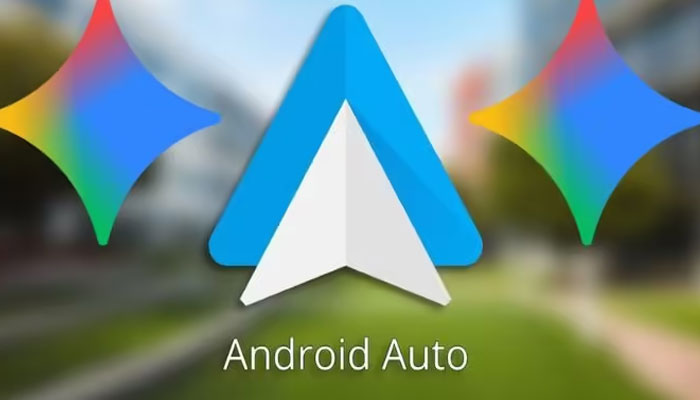Google Rolls Out Gemini AI on Android Auto, Replacing Assistant in Beta Vehicles
Gemini was first announced in May 2025 at the Android Show preceding Google I/O.
ISLAMABAD: After months of anticipation, Google has begun a limited rollout of its Gemini AI assistant on Android Auto, marking a major step in expanding its conversational AI across devices. The new feature replaces Google Assistant in some vehicles and is currently available to beta testers using Android Auto versions 15.6 and 15.7.
The rollout is server-side, meaning it does not depend on specific car models or software versions. Users with access to Gemini are noticing new AI settings, including an option to share precise location data. Once fully deployed, Gemini will become the default voice assistant for Android Auto and vehicles with Google built-in technology.
Gemini was first announced in May 2025 at the Android Show preceding Google I/O. The assistant is designed to make voice interactions more conversational and context-aware, supporting over 40 languages for translation, recalling preferred messaging patterns, and understanding context to rephrase or translate messages while driving.
Read more: Google’s Gemini Gains Access to Emails and Files
The assistant also integrates seamlessly with Google Maps, YouTube Music, and Spotify, allowing users to check restaurant reviews, summarize locations, and reference information from Gmail and Calendar without touching the device. A new feature called Gemini Live lets users initiate two-way conversations with the assistant by saying, “Hey Google, let’s talk.”
Unlike its smartphone counterpart, Gemini on Android Auto is optimized to reduce distractions while driving, providing concise and natural responses. Early user feedback indicates that the assistant’s interactions feel significantly smoother and more human-like compared to the traditional Google Assistant.
With over 250 million cars supporting Android Auto, this rollout is one of Google’s largest AI integrations to date. The move completes Gemini’s expansion across phones, tablets, and Maps, now bringing the conversational AI fully into vehicles for an enhanced in-car experience.




Comments are closed, but trackbacks and pingbacks are open.